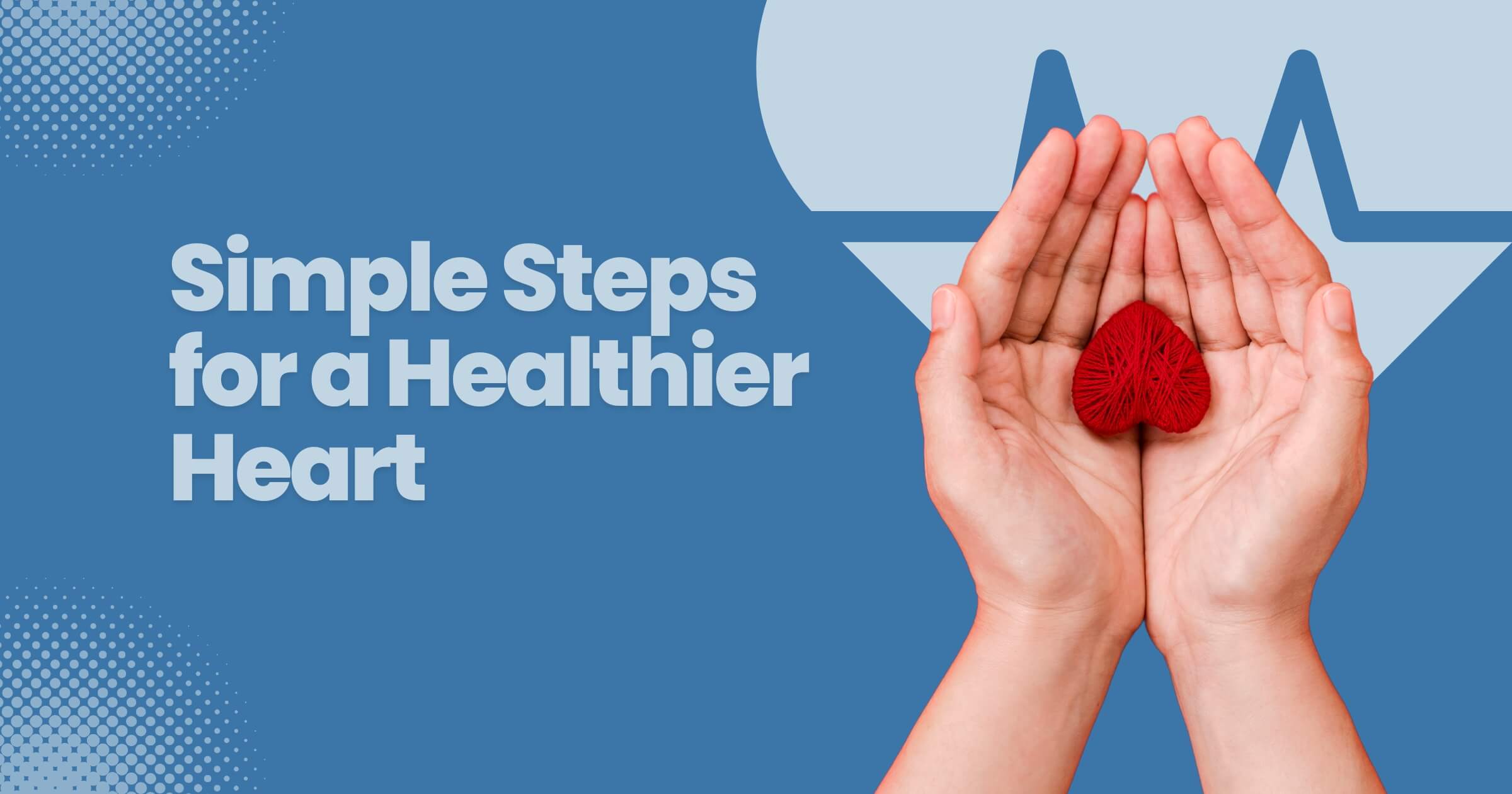Construction work is demanding, both physically and mentally. Long hours, extreme weather, and physically intense tasks push the body to its limits. Over time, this physical and mental exertion can lead to internal health issues like high blood sugar that often get overlooked. Managing these factors starts with making simple changes like packing healthier meals and cutting back on smoking and alcohol consumption—habits that are common amongst construction workers.
Quick look
- Construction workers face a higher risk of heart disease and diabetes due to stress, irregular meals, and physically demanding work.
- Poor blood sugar control leads to energy crashes, dizziness, and increased accident risks on the job.
- Heart disease is a leading cause of death among construction workers, with long hours and unhealthy habits playing a major role.
- Small changes like staying hydrated, eating balanced meals, and reducing smoking can improve long-term health.
- Monitoring heart rate, blood pressure, and blood sugar levels can help workers remain aware of their health before issues arise.
What is blood sugar and how is it related to heart health?

Glucose is the body’s main source of energy. It comes from the food we eat and fuels everything from brain function to muscle movement. When workers eat too much or too little, blood sugar levels spike or drop too quickly, leading to sudden fatigue, dizziness, and confusion—dangerous side effects when working with heavy machinery. Over time, uncontrolled blood sugar can lead to diabetes, which increases the risk of heart disease and nerve damage. According to the CDC, about 38% of U.S. adults have prediabetes, meaning their blood sugar is higher than normal but not yet in the diabetic range.
Heart health is closely connected to blood sugar levels. The heart pumps oxygen-rich blood to the entire body, keeping energy levels steady and muscles strong. When arteries get clogged with plaque from unhealthy eating and lack of exercise, the heart has to work harder, increasing the risk of high blood pressure and heart attacks. The American Heart Association reports that nearly half of U.S. adults have some form of cardiovascular disease, and construction workers are at even higher risk due to high stress and physically demanding work.
Construction workers need strong hearts and stable energy levels to handle long shifts and intense labor. Poor diet, smoking, and stress all contribute to heart problems and unstable blood sugar, which can affect performance and safety. The good news is that making small daily changes can significantly reduce health risks.
How blood sugar and heart health affect construction workers
Heart disease is the leading cause of death for construction workers, with the physically demanding nature of the job masking early warning signs. One study found that
39.3% of construction workers suffer from pre-hypertension (elevated blood pressure) and 11.1% have high blood pressure, increasing their risk of heart attacks and strokes. At the same time, long shifts and inconsistent meal breaks can cause blood sugar crashes, leading to fatigue and dizziness. These factors combined make construction one of the most high-risk industries for heart disease and diabetes.
Here are some of the ways blood sugar and cardiovascular health can affect workers on site:
Decreased energy levels and work performance
Stable blood sugar is key for maintaining energy throughout the workday, allowing construction workers to stay alert and focused on their tasks. When blood sugar drops too low, workers can feel sluggish, irritable, and lightheaded, which not only affects productivity but also increases the risk of accidents. For example, a sudden drop in blood sugar while working at heights, handling power tools, or operating heavy machinery can result in life-threatening accidents. On the other hand, high blood sugar can cause fatigue and dehydration, leading to headaches and decreased stamina, making physically demanding work even harder.
Increased risk of cardiovascular disease
Long shifts, tight deadlines, and physically demanding tasks contribute to high stress levels, which can take a serious toll on mental and physical health. Chronic stress raises cortisol levels, which in turn can increase blood pressure, disrupt blood sugar regulation, and contribute to inflammation in the body. Over time, this stress-induced strain on the cardiovascular system can lead to an increased risk of heart disease, heart attacks, and strokes.
High-stress environments can also lead to unhealthy coping mechanisms, such as smoking, excessive caffeine intake, or poor dietary choices, all of which make the problem worse. Finding ways to manage stress—like taking short breaks, practicing deep breathing, or engaging in light physical activity can help reduce the negative impacts of stress.
Simple ways to improve blood sugar on the job site
- Bring nutritious snacks: Packing protein-rich snacks like nuts, yogurt, or hard-boiled eggs helps keep blood sugar stable throughout the day, preventing the energy crashes that come from processed foods. These foods provide a steady source of fuel, making it easier to stay focused and productive on the job.
- Drink plenty of water: Staying hydrated prevents fatigue, headaches, and blood sugar fluctuations. Since construction work often involves long hours in the sun or physically demanding tasks, sweat loss increases, making it easy to become dehydrated. Drinking water throughout the day—not just when thirst hits—helps regulate body temperature, support circulation, and keep muscles functioning properly.
- Take short active breaks: Stretching, walking, or doing light exercises during breaks helps improve circulation and reduce stiffness, which is especially important for workers who spend long hours in one position or perform repetitive motions. These short movement breaks can also help prevent muscle strain, reduce the risk of injuries, and improve flexibility over time.
- Reduce smoking: Smoking increases blood pressure and narrows arteries, making heart disease and circulation problems much more likely, especially for construction workers who already face high physical demands. It also reduces lung capacity, making strenuous tasks even more exhausting over time.
- Lower alcohol consumption: Excess alcohol consumption can spike blood sugar, dehydrate the body, and interfere with restful sleep, all of which impact job performance and long-term health.
- Participate in stress-reducing activities: Finding ways to relax, whether through deep breathing, listening to music, or taking a few minutes of quiet time, can help lower cortisol levels.
Recommended health monitoring tools for construction workers
Blood pressure monitor
High blood pressure often has no symptoms, making it easy to overlook until a major health event occurs. Many home blood pressure monitors are easy to use, providing quick readings that can help workers track their heart health without requiring a doctor’s visit. Construction workers should aim to check their blood pressure once a month, especially if they have a family history of hypertension or other risk factors.
Blood glucose meter
Workers with diabetes or prediabetes can use a blood glucose meter to track their levels throughout the day, ensuring they stay within a healthy range. These meters are small, portable, and easy to use, providing quick insights into how different foods, physical activity, and stress impact blood sugar. Even workers without a diabetes diagnosis may benefit from occasional monitoring, especially if they experience frequent energy crashes or symptoms like excessive thirst or blurred vision.
Fitness tracker or smartwatch
A fitness tracker can monitor heart rate, activity levels, and even stress levels, helping workers stay aware of their overall health. Many models also track sleep patterns, hydration reminders, and steps taken throughout the day, providing useful data to encourage better habits. Since construction work is physically demanding, monitoring heart rate can help workers recognize when they need to rest or hydrate. Some smartwatches also offer alerts for irregular heart rhythms, which can be an early warning sign of potential cardiovascular problems.
Hydration reminder bottle
Smart water bottles track fluid intake and remind workers to drink more water throughout the day/ Many people don’t realize they’re dehydrated until they start feeling symptoms, so having a reminder can be a game-changer. These bottles often come with features like time markers, Bluetooth connectivity, or even glowing reminders to encourage regular sips. Construction workers, especially those working in hot conditions, need to drink water consistently to maintain energy levels and regulate body temperature. Investing in a hydration-tracking bottle is a simple but effective way to improve overall well-being on the job.
Final thoughts
Managing blood sugar and cardiovascular health takes effort and a plan of action. Simple changes like drinking more water, eating balanced meals, and monitoring stress can make a big difference. The sooner you implement these lifestyle changes, the better off your health will be in the future.
If you’re looking to stay updated on the latest information on how to improve your health in the construction industry, subscribe to our newsletter.


